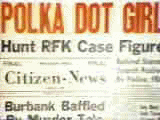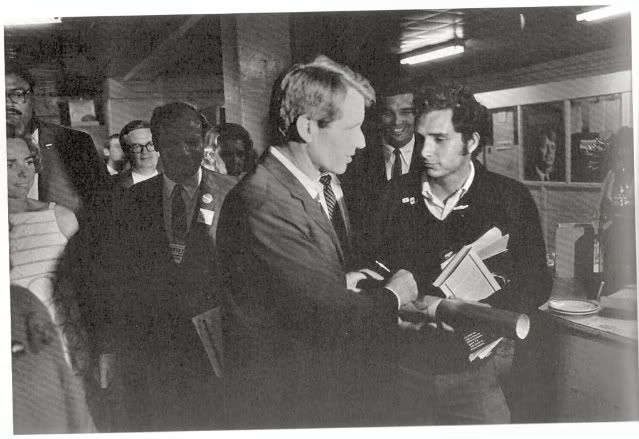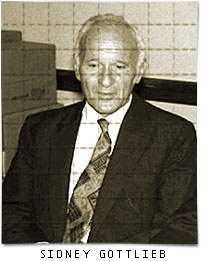Here are some quotes from Ms. Steele:
Well, that was back in 1999, and I would say between 1999 and 2009 we've amassed a huge amount of data from neuroscience that says that there are particular ways that the brain functions or actually malfunctions in disassociation that are very unique.
...
So there are those studies and then from those arose studies in the neurobiology of dissociation, which is very distinct, and there are at least four studies that I'm aware of, three FMRI studies and one PET study PET scan study - that actually show in dissociative identity disorder that there are distinctive patterns of brain activity between one self and another self, from one personal and another.
....
Well, I understand what hes saying. And I would like to continue to make a distinction between these public, fictionalized to some degree, accounts of DID. And what we see in clinical practice what people actually experienced objectively and what the science says. I mean, there isn't way to for a fad to show up, I think, on a functional MRI or on a PET scan. And so, I think we were drilling down to some real questions about how is self formed, and what is it that's happening in the brain when people say that they switch from one part to another, something is clearly happening that cannot be reproduced by controls.







